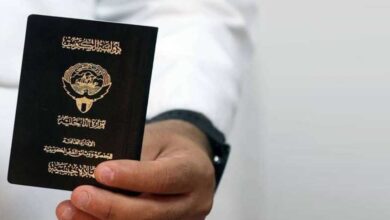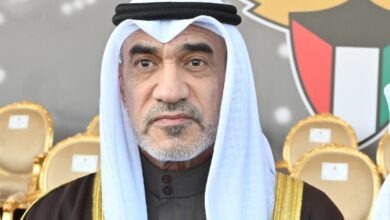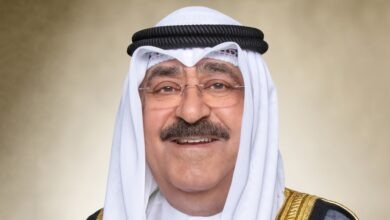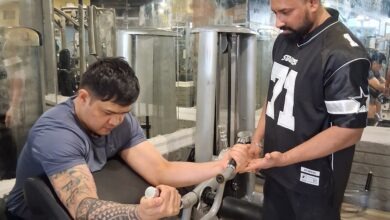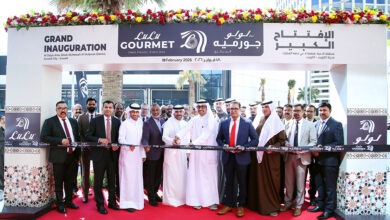Kuwait expands ‘Positron Imaging’ with ‘MRI’ for faster, more accurate diagnosis
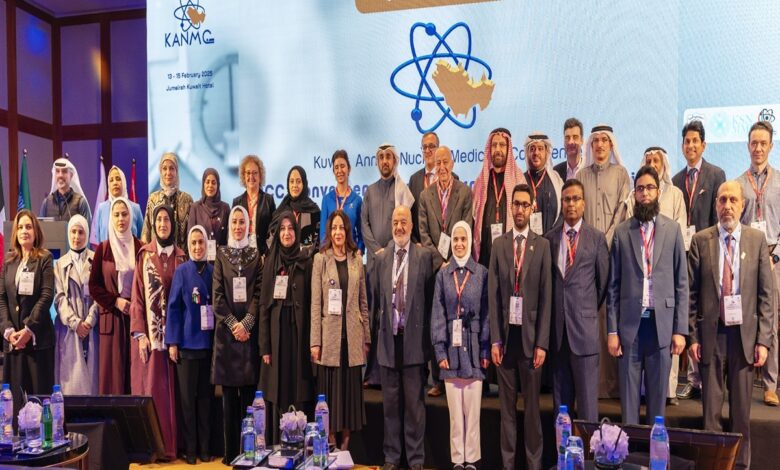
The Minister of Health, Dr. Ahmed Al-Awadhi, announced on Thursday the expansion of combined Positron Emission Tomography (PET) and Magnetic Resonance Imaging (MRI) services in several hospitals. The advanced technology has already been introduced at Jahra Hospital, is currently being launched at Al-Farwaniya Hospital, and will soon be implemented at the Kuwait Cancer Center.
A Positron Emission Tomography (PET) scan is a specialized imaging test that helps assess the metabolic and biochemical functions of tissues and organs. PET scans can often detect abnormal metabolic activity associated with diseases before they become visible on other imaging tests like Computed Tomography (CT) or Magnetic Resonance Imaging (MRI), according to the Mayo Clinic website.
This statement was made in a speech delivered on behalf of the Minister of Health by Assistant Undersecretary for Supportive Health Services Affairs, Dr. Abdullah Al-Fars, during the opening of the Conference on Medical Developments in Nuclear Medicine and Molecular Imaging, organized by the Council of Nuclear Medicine Departments on Thursday.
Al-Awadhi emphasized that these advanced devices represent a paradigm shift at the regional level in diagnosing and treating tumors with high precision, significantly enhancing the quality of healthcare services provided to patients. He also highlighted the Ministry’s commitment to digital transformation, announcing the launch of a digital platform for nuclear medicine examinations. This platform will offer comprehensive guidance on examination purposes, necessary preparations, and procedural details, aligning with the Ministry’s vision for an integrated digital health system.
Furthermore, Al-Awadhi noted that a Quick Response (QR) Code system will be implemented to provide patients with easy and direct access to essential information. He emphasized that the Ministry’s vision focuses on fostering innovation and advancement in nuclear medicine, with a strong commitment to enhancing patient safety and improving the quality of medical services in line with the latest clinical practices.
Al-Awadhi stated that the conference aims to enhance Gulf cooperation in the rapidly evolving field of nuclear medicine, which is seeing advanced technical applications that support healthcare and contribute to a more comprehensive and integrated medical vision.
Dr. Abdul Reza Abbas, Chairman of the organizing committee, stated that this year’s conference is being held with a new and ambitious vision that reflects our aspirations for a more advanced and prosperous future in this biomedical specialty.
Additionally, Dr. Abbas emphasized the commitment to selecting precise topics that help unify the future vision of nuclear medicine at the regional level. He highlighted the importance of strengthening Gulf and regional cooperation while expanding scientific participation, making this conference a premier platform for doctors, experts, and specialists.
Dr. Shaima Al-Farsi, Nuclear Medicine Consultant, Head of the Nuclear Medicine Department at Mubarak Hospital, and Vice President of the Conference, stated in her speech that the conference is being organized in collaboration with a group of local, Gulf, and international experts specializing in this field, along with professionals from related specialties.
Furthermore, Dr. Al-Farsi explained that organizing such regional meetings with shared objectives strengthens the principle of partnership and experience exchange between GCC countries and advanced nations in this field, ultimately contributing to the provision of the latest diagnostic and therapeutic services for patients.
Dr. Al-Farsi pointed out that the three-day conference highlights the rapid global advancements in nuclear medicine and molecular imaging, emphasizing the importance of strengthening cooperation between GCC and regional countries in this vital field.
Importantly, Dr. Al-Farsi stated that the conference will showcase the latest global developments in this specialization through more than 45 scientific sessions, featuring interactive discussions and lectures delivered by over 20 expert speakers.
Dr. Al-Farsi explained that the conference includes a review of Gulf experiences in nuclear medicine, along with international advancements in using nuclear medicine techniques for diagnosing heart and endocrine diseases. It also covers developments in diagnosing bone disorders, common pediatric diseases, and the rapid global progress in molecular imaging for the diagnosis and treatment of cancerous tumors.
Source: Al Jarida







